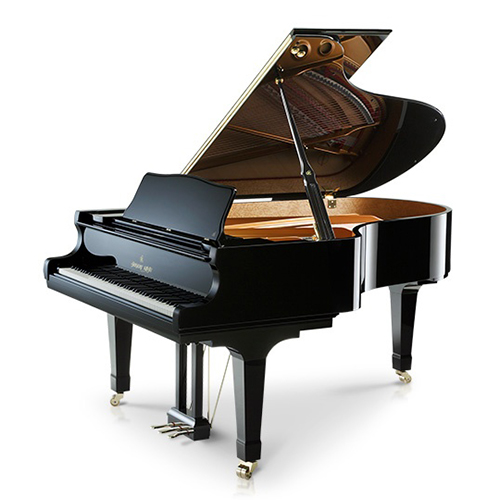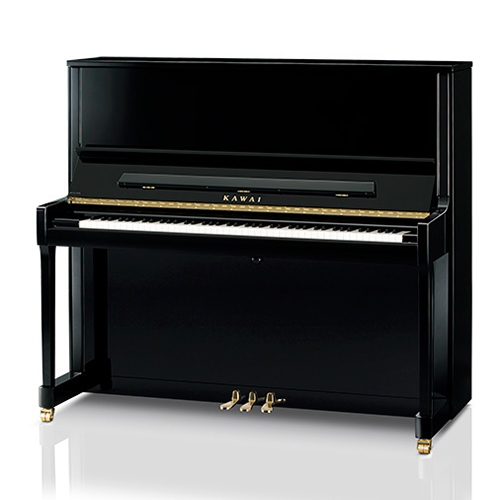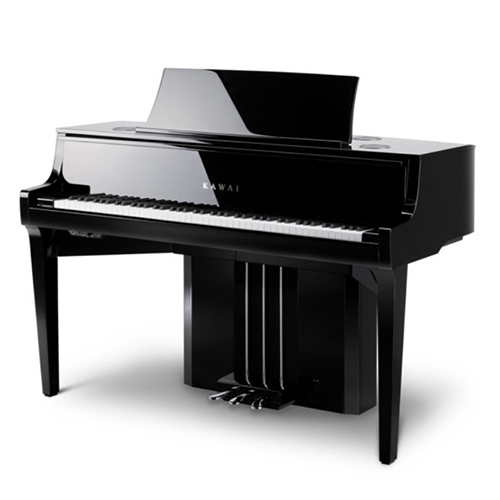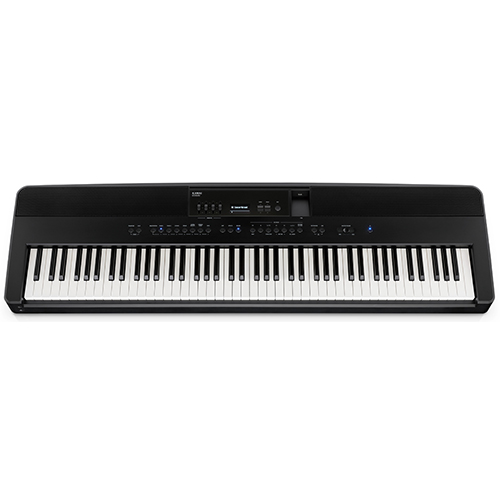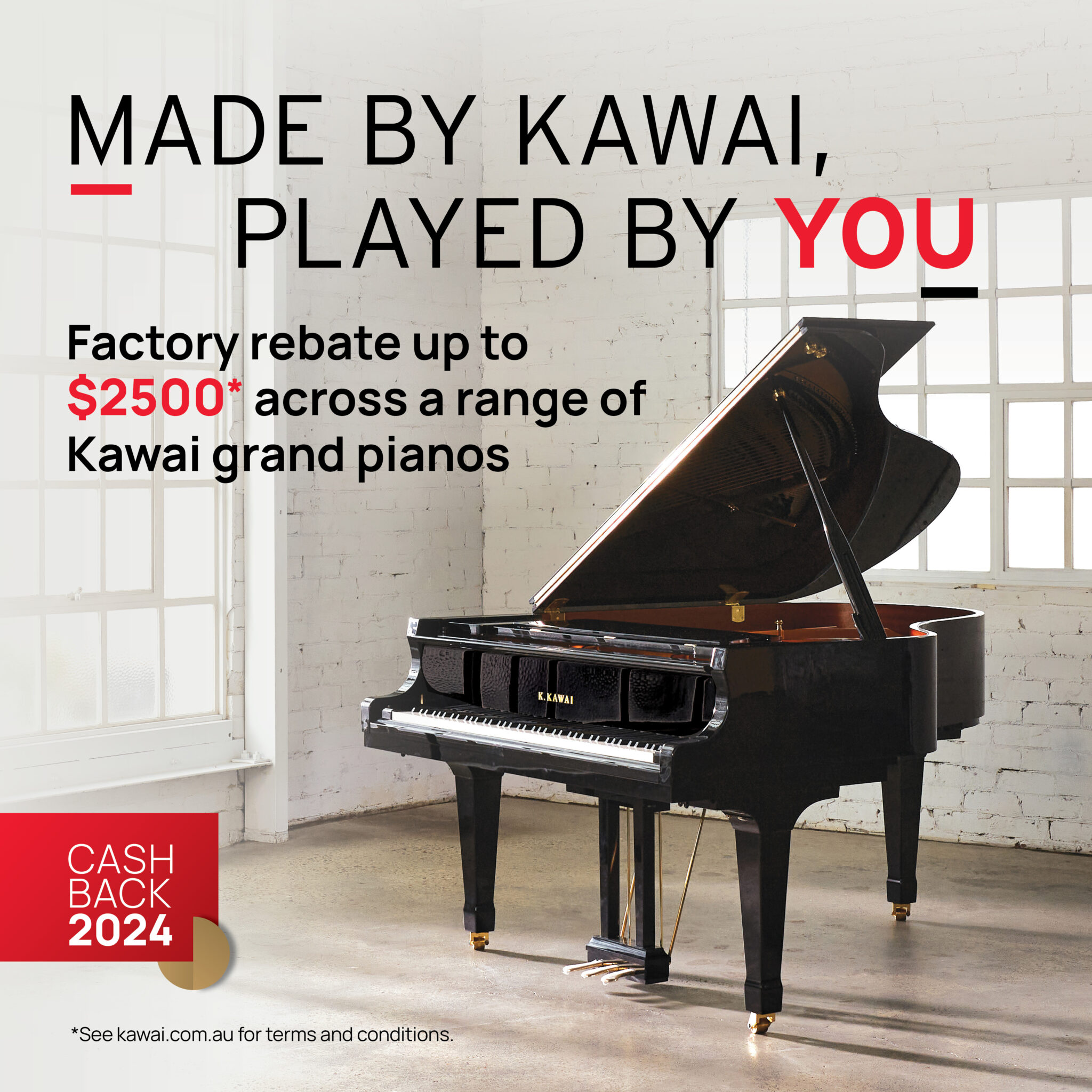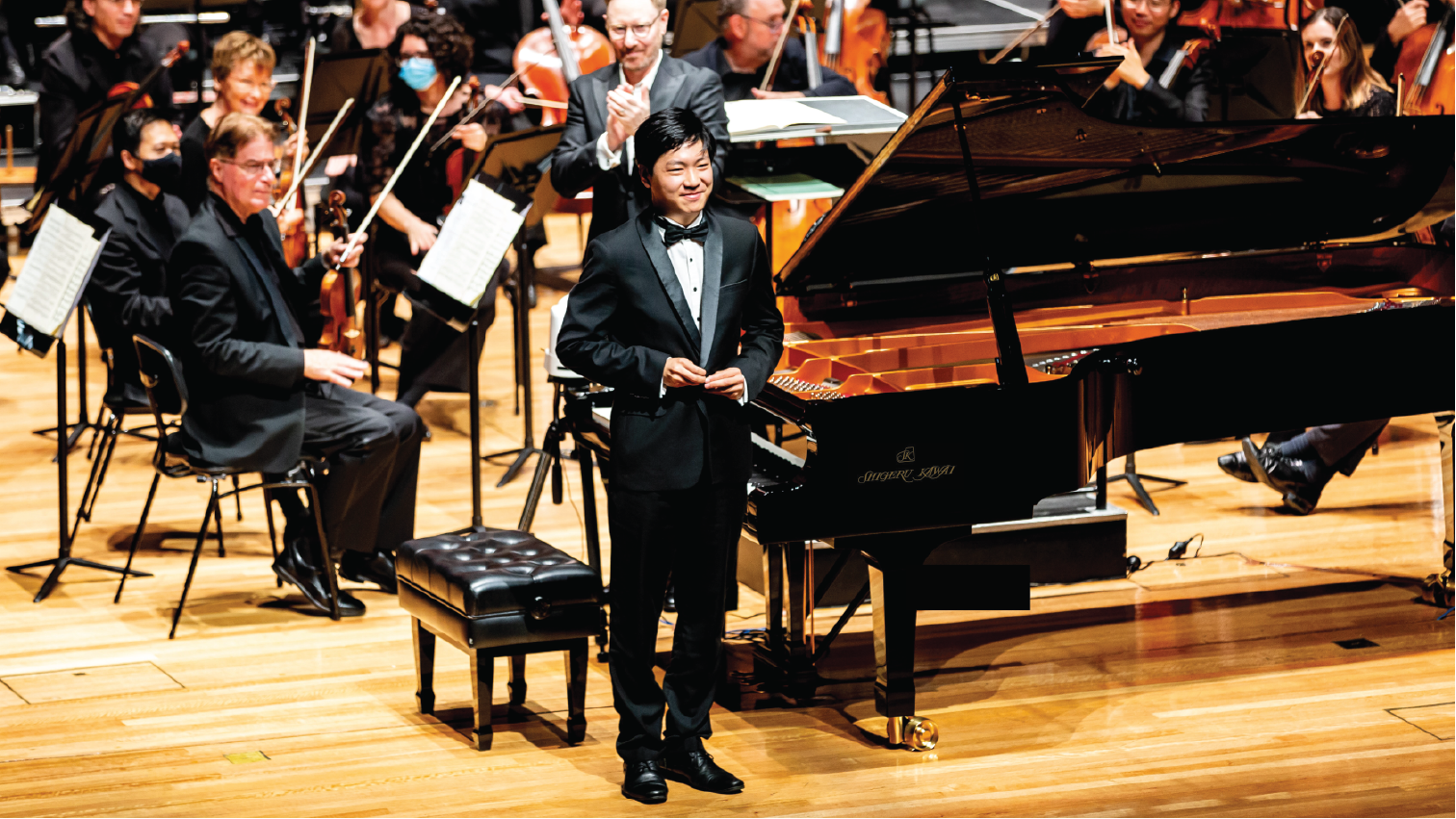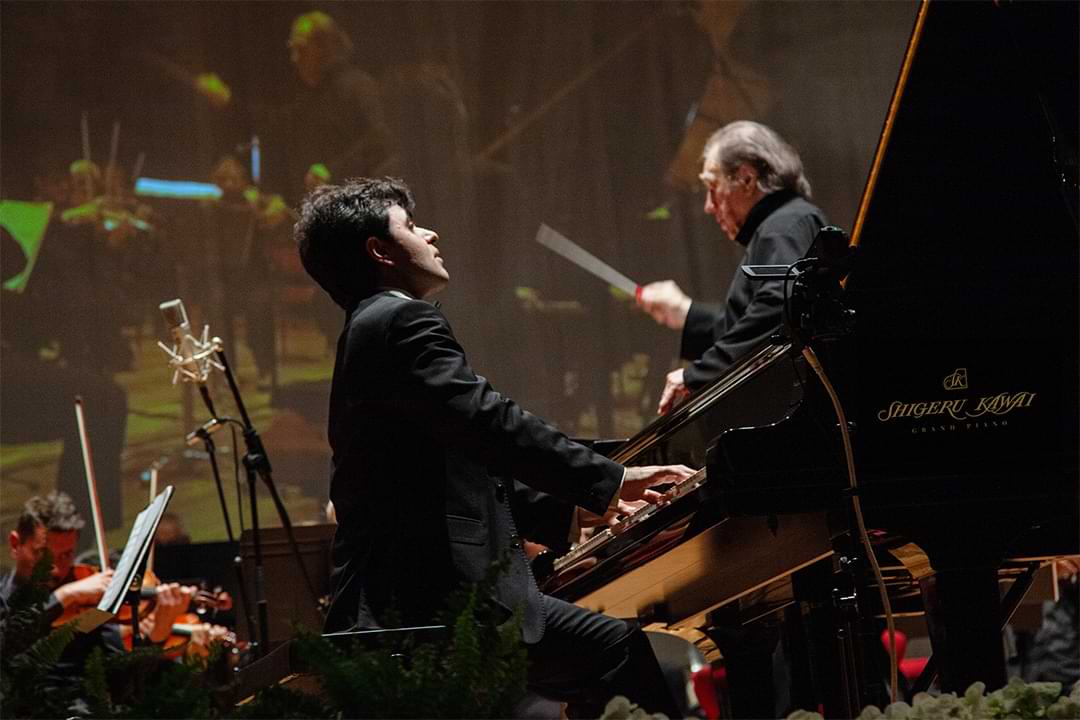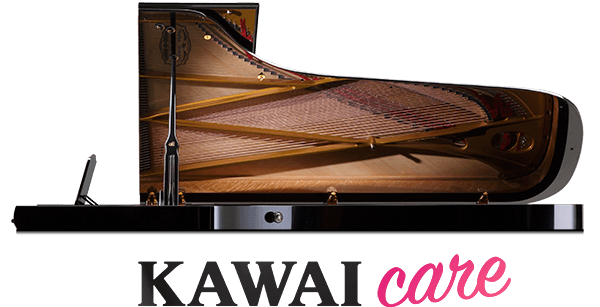Insight from Natasha Vlassenko and Oleg Stepanov on Overcoming Musical Plateaus
Meet our guest contributors
Natasha Vlassenko, a celebrated pianist born in Moscow, honed her craft at the Central Music School before studying at the Moscow Tchaikovsky Conservatory under the tutelage of Professor Jacob Flier. She later pursued postgraduate studies with her father, Professor Lev Vlassenko. A prizewinner at the Beethoven International Piano Competition in Vienna and the Busoni International Piano Competition in Italy, Natasha has performed worldwide under the direction of esteemed conductors such as Rozhdestvensky and Pletnev. Currently Head of Keyboard Studies at Queensland Conservatorium Griffith University, she also co-founded the Lev Vlassenko Piano Competition & Festival with her husband, Oleg Stepanov. In recognition of her contributions to the arts, Natasha was awarded the Order of the Medal of Australia in 2022.
Oleg Stepanov, born in Riga, Latvia, pursued his musical education at Jazepa Medina Music College before completing his studies at the Moscow Tchaikovsky Conservatory under Professor Lev Vlassenko. A First Prize winner at the ‘Music de Chambre’ competition in Florence, Italy, Oleg’s career has taken him across the globe, performing both as a soloist and ensemble player. His collaborations with renowned cellist Daniel Shafran earned him international acclaim, and he currently teaches at Queensland Conservatorium Griffith University. He also co-founded the Lev Vlassenko Piano Competition & Festival with Natasha Vlassenko. In 2022, Oleg was awarded the Medal of the Order of Australia for his outstanding service to the performing arts, particularly in piano.
The topic of overcoming musical plateaus resonates deeply with Oleg Stepanov and Natasha Vlassenko, as both they and their students often grapple with this challenge. When starting a new piece, one initially feels excitement, and after learning the notes is eager to perform it, relishing the character, melodies, and dramatic peaks. However, after some time, enthusiasm may wane, leading to frustration and the feeling that progress is regressing.
So, what can you do? According to Oleg and Natasha, the problem often lies in the initial approach to learning a piece. Many students focus on learning the notes quickly, missing out on the full depth of information provided in the score.
What information should be considered?
- The name of the piece
- The key signature
- Time signature and tempo markings
- Dynamic range (defining your pp and ff, etc.)
- Fingerings
While these might seem like obvious elements, they are foundational, and they often get overlooked. Oleg and Natasha stress that it’s crucial to begin practice at a slow or even very slow tempo with pronounced, exaggerated expression. This allows one to observe and internalise the score’s details, going beyond note memorisation to uncover the music’s true meaning and the composer’s intent.
Oleg and Natasha believe that following this advice reduces the likelihood of hitting a glass ceiling. However, should a plateau occur, they recommend the following remedies:
- Take A Break: Step away from the piece and practice something else. Returning to it after a few days or a week can bring fresh energy.
- Avoid Overplaying: Practising a piece too often at a fast tempo can lead to diminishing returns. They recommend returning to a slow tempo, possibly with a metronome, to regain control and precision.
- Highlight Main Lines: Emphasise the main musical lines, such as melodies, which can easily become lost, especially in dense textures.
- Maintain Musical Flow: Even at a slow tempo, ensure the piece moves forward smoothly.
- Attend Inspiring Performances: Engaging with live music can reignite passion and offer new interpretative insights.
These suggestions merely scratch the surface, but Oleg and Natasha hope that these initial tips prove helpful to students and teachers alike.
Read our article on Mastering the Music: Steps for Overcoming Musical Platea.
